How do I use water when a Boil Water Advisory has been issued?
The water should NOT be used for drinking, making infant formula and juices, cooking, making ice, washing fruits, vegetables or brushing teeth. For these purposes, boiled or treated or bottled water should be used. The water should be brought to a rapid rolling boil for one minute. If there are children in the home, place the pot on the back burner to avoid scalds. Boil only as much water in the pot as you can comfortably lift without spilling. Discard all ice made previously and disinfect the ice cube trays. Make ice using cooled water that was previously boiled.
What is the purpose of boiling or treating the water?
Boiling the water destroys all the disease-causing microorganisms (pathogens) and is considered potable after cooling.
Can I take a bath or shower?
Adults and teens may take baths or showers with untreated water. Older children could also be given a shower with a hand-held showerhead, avoiding the face. Due to the likelihood that young children will drink bath water, they should be given a sponge bath instead of bathing them in a tub.
Can I use the water for handwashing?
If the Boil Water Advisory has been issued, water can be used for handwashing following the described procedure below on water treatment or boiling:
a) Add 45 mL (1.5 oz) of liquid household bleach in 45 litres of water. Mix and let it stand for at least 20 minutes prior to use. b) Boil the water to a rapid rolling for one minute and cool it to the temperature that won’t burn the skin when used for handwashing.
How else can I disinfect my hands?
You can use alcohol-based hand disinfectants, containing more than 60% alcohol. There are other kinds of gels or solutions also available in the market that can effectively disinfect the hands. These products are widely used in health care settings after washing hands or in situations when water is not available. The wet wipes used for cleaning babies at diaper change are not effective for disinfecting hands and should not be used for this purpose.
Can the dishwasher be used to clean and disinfect utensils?
If your dishwasher has a hot temperature setting or uses disinfectant, it can sanitize dishes. If your dishwasher does not have a hot temperature setting, make sure after finishing the cycle, to soak the dishes for one minute in a solution of 30 mL (1 oz) of bleach mixed with 13.5 litres of lukewarm water. Let the dishes air-dry.
Should I change the way I’m doing laundry?
No. Continue doing laundry the way you usually do.
Is the water safe to fill wading pools for children?
No. The water is not safe for use in wading pools. Water usually gets into the mouths of small children, providing a possibility of infection.
I have a water filtration device installed for my drinking water. Does this make the water safe for drinking or cooking?
Standard water filters do not disinfect or make water safe to drink. Ultra-violet sterilizers will disinfect with proper prefiltration. Properly maintained reverse osmosis systems can supply safe water for temporary boil-orders. If you are unsure, contact the supplier.
How do I disinfect counter tops, chopping boards or utensils?
Counter tops, chopping boards or utensils should be washed with soap and sanitized with disinfected water. Mix 60 mL (1/4 cup) of bleach into 4.5 litres of water for this purpose. Do not reuse or store this solution. It must be made daily as the sanitizing solution loses its strength with time.
Can I brush my teeth with untreated water?
No. Untreated water may contain harmful microorganisms. Infection can occur even by swallowing only a small amount of water. Use cooled water that was previously boiled for brushing teeth. Approved bottled water is also acceptable.
Can I use bottled water or buy water from vending machines?
It would depend on when the water is bottled and how it is bottled. Local plants or vending machines that use the local water are acceptable only if the water undergoes acceptable further treatment to remove the contamination. Check with your Health Agency to determine if a certain brands of bottled water or vending machines are acceptable. Bottled water packaged or manufactured from out-of-town is acceptable.
Can I drink coffee from a coffee maker?
Coffee makers usually produce water at around 70 degrees C, and are sufficient to inactivate bacteria such as E. coli, protozoa such as Cryptosporidium, and viruses such as Hepatitis A and Norovirus. However, a sufficient amount of time is needed to ensure that all harmful organisms are destroyed. It is therefore recommended that hot coffee be held for at least 5 minutes before consumption. Check with your local Health Agency for more information.

